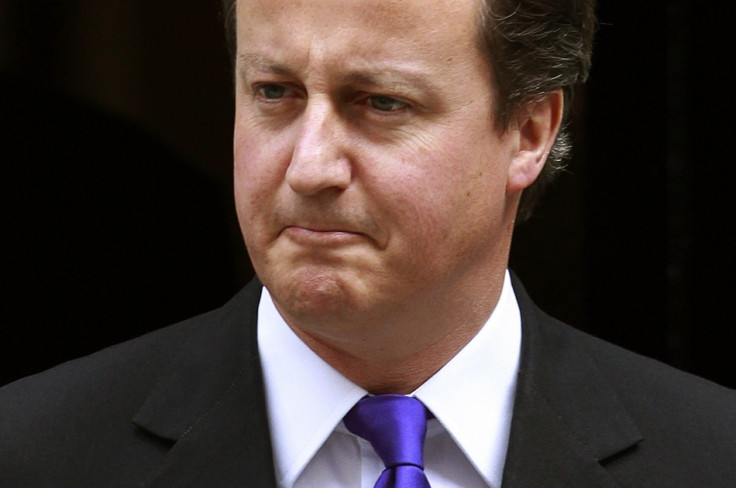Global Economic Crisis: What Britain Can Learn From the Canadian Success Story

David Cameron has begun talks with Canadian Prime Minster Stephen Harper in a bid to gain a united front and swift action with Canada to tackle the debt crisis sapping confidence out of the European and North American markets.
Cameron prescribed a three-pronged solution: making it easier to do business, boosting trade and most importantly "getting to grips with debt to restore credibility and confidence," Associated Foreign Press reports.
"When the fundamental problem is the level of debt and the fear of those levels then the usual economic prescriptions cannot be applied," Cameron said.
As Cameron embarks on his tour of Canada, there are lessons that the British Prime Minster must learn on his trip. Canada is one of the few developing economies that have experienced both growth and job increases since the 2008 banking crisis. Europe and the U.S. are struggling to recover with the diversity of the Canadian economy being a key reason for the successes.
Canada was affected in the same way as the leading economies of the world in 2008. Canada went into deep recession but it was the lessons of the 1990's that put the economy back on track. During the 1990's Canada faced many of the same problems that Europe and the United States face today but came out the other side a string economy.
In 1995 Canada passed a landmark budget that saw heavy cuts of expenditure but they increased some new revenues, something the coalition government's plan have been unable to do.
The ratio cut was about $7 in cuts for every $1 of revenue. The Canadian government of the time cut the civil service by about 25 per cent and overhauled its pension program. The plan worked. Canada is now on much more financially-sound footing; S&P restored its AAA rating in 2002.
The energy trade is another critical element in Canadian success. Canada is the U.S.'s largest oil supplier; accounting for 16 per cent of US oil imports and 14 per cent of US's natural gas consumption.
Besides sharing hydropower facilities on the western borders, national electricity grids in Canada and the US are also linked with each other. Of course Britain can't produce oil at the same levels of Canada but taking a lead in green energy's and well as nuclear power will give Cameron the chance to create new jobs and become a world leader in the field.
The UK and China are Canada's next largest export partners after the U.S.. Respectively, these account for 3.37 and 3.09 per cent of Canada's exports. China is also the second largest source for imports to Canada, accounting for 10.88 per cent of imports. In 2010, Canada was the 10<sup>th largest exporter and 12<sup>th largest importer in the world.
On a recent tour to the U.S. Canadian Prime Minster Stephen Harper was keen to share the success of the Canadian model.
"If you don't know already, Canada has the strongest banking sector in the world, as rated by the World Economic Forum," Harper said.
"We have relatively very strong fiscal positions of our major governments - certainly compared to some of the sovereign debt challenges in other countries," he added.
Projections show that Canada's economy will continue to grows and continues to put perform its industrial counterparts. Canada experiences net job creation of 600,000 jobs since 2008's recession meaning Canada is the only country in the G7 to have more workers than before the recession.
The success was based on an austerity package but also investment, something Britain and the U.S. must learn from. Canada is c continuing with its austerity plan with the federal cabinet indenting $4 billion in annual cuts to government programs.
© Copyright IBTimes 2025. All rights reserved.





















